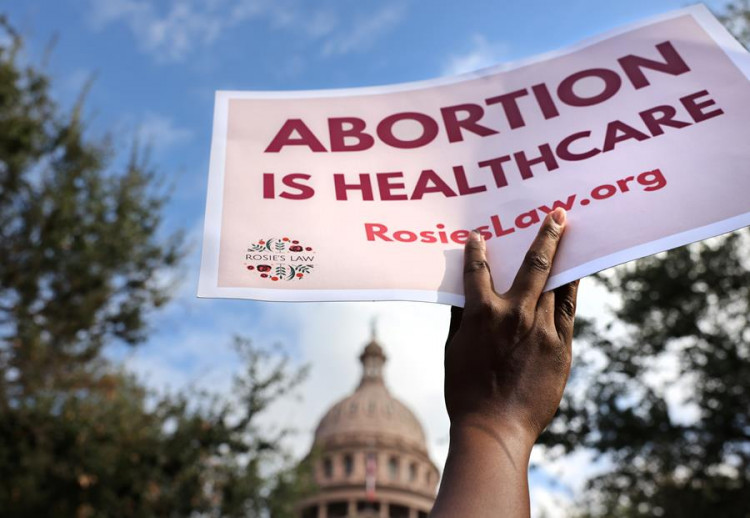On Tuesday, the people of Kansas voted against a ballot initiative that would have allowed state politicians to further prohibit abortion access following the U.S. Supreme Court's decision to overrule Roe v. Wade, which may have drastically restricted abortion access in the state.
The "Value Them Both Amendment" would have altered the state constitution to state expressly that "there is no constitutional right to abortion or to mandate government funding of abortions in Kansas."
Kansas currently restricts the use of public funds for abortions to situations when federal law demands it, including rape and incest, and when the pregnant woman's life is in danger.
The reform would have also articulated the state legislature's authority to pass laws regulating abortion, effectively nullifying a 2019 Kansas Supreme Court ruling that recognized a "woman's right to make decisions about her body, including the decision whether to continue a pregnancy," as guaranteed by the state constitution.
The decision has contributed to the protection of abortion in Kansas, which authorizes the procedure up to 22 weeks of pregnancy with some restrictions, including obligatory ultrasounds, counseling, and parental approval for minors.
This has made it a hotspot for pregnant women seeking abortions from adjacent states, like Oklahoma, Arkansas, Louisiana, Missouri, and Texas, that have essentially banned abortion or may soon do so.
Individuals from these states who would have been impacted by the amendment can now continue to travel to Kansas for some abortion procedures.
A decisive victory for pro-abortion advocates despite formidable obstacles.
Prior to the election, polling indicated that voters were closely divided over the initiative, which was already noteworthy in the predominantly red state.
In the previous session of the state legislature, Republican legislators submitted a bill to ban abortion, but it never gained any movement and is unlikely to do so in the future after Kansas voters rejected the ballot issue.
With the exception of ectopic pregnancies, House Bill 2746 would have made it a criminal to conduct an abortion from the moment of conception forward.
Legislators in Kansas placed the item on the primary ballot, which normally has a smaller voter turnout than the general election ballot in November. Tuesday, however, saw a surge in participation, which appeared certain to surpass the 2020 and 2018 primaries by more than 100,000 ballots.
Now that voters have largely chosen to keep the status quo in Kansas, the issue of abortion may not be as prominent in statewide campaigns, particularly the race for governor, where it had become a significant flashpoint.





